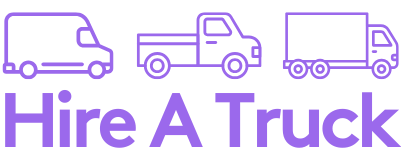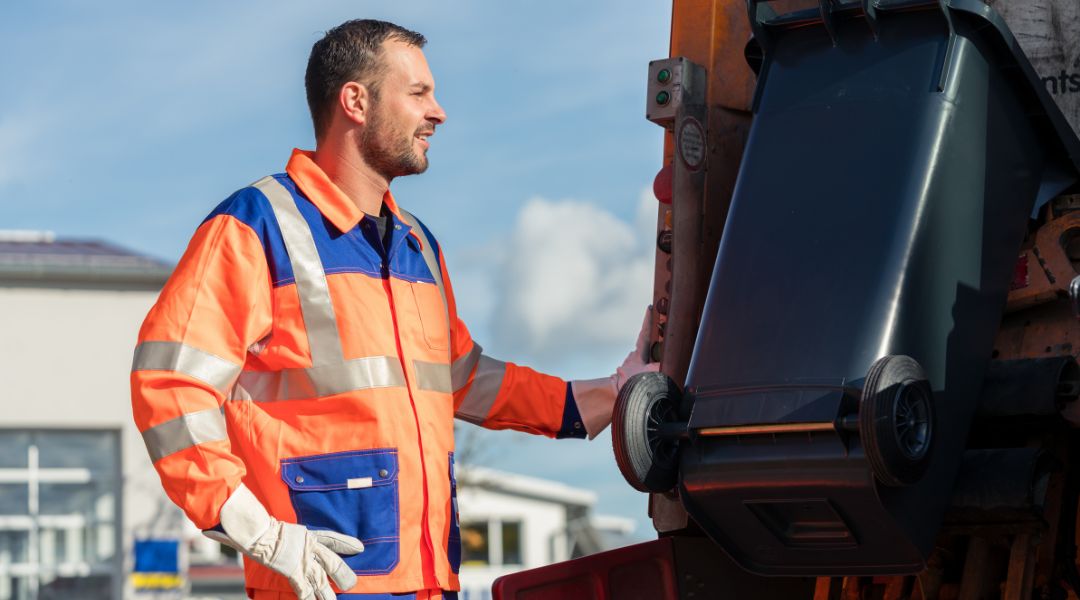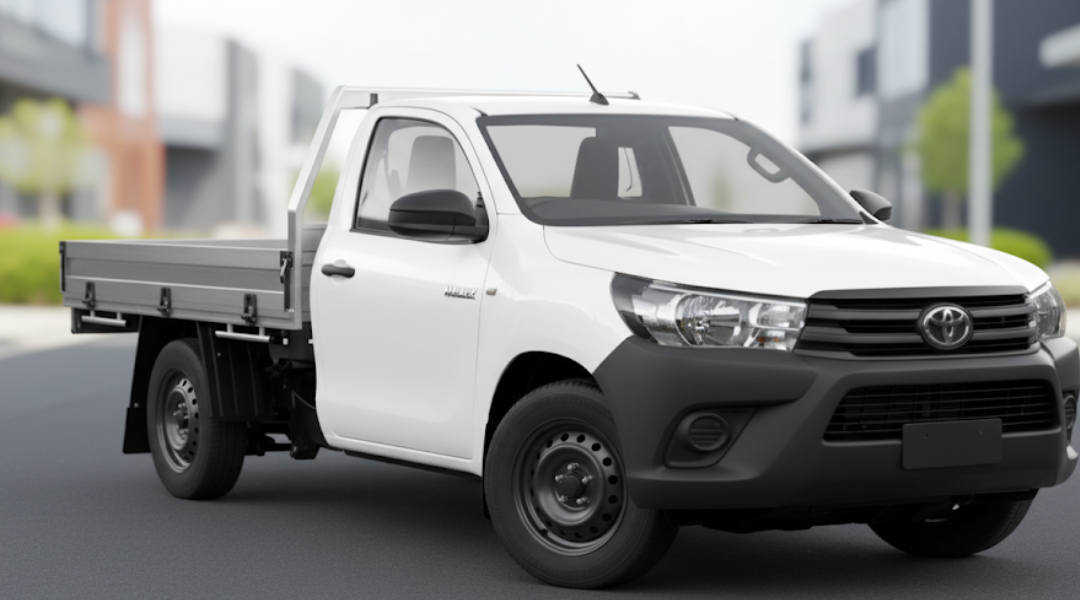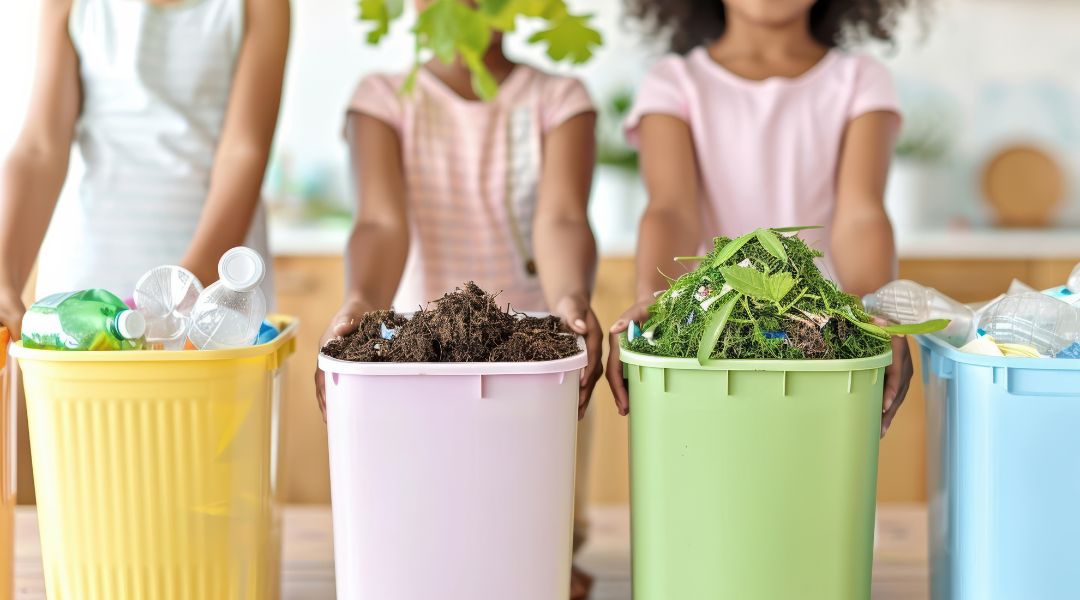Improper disposal of household hazardous waste (HHW) can harm people, animals, and the environment. Many everyday products—like cleaning agents, paint, batteries, and pesticides—contain chemicals that can pollute soil, waterways, and air if not handled correctly. Understanding how to identify and dispose of these items responsibly is essential for keeping your home and community safe.
What Is Household Hazardous Waste?
Household hazardous waste includes products with properties that make them dangerous to health or the environment. These are often the same categories you see on safety labels.
- Flammable 🔥: Products that can easily catch fire, such as gasoline, solvents, and nail polish remover.
- Corrosive ⚠️: Chemicals that can cause severe burns or corrode materials, including oven cleaners, bleach, and drain openers.
- Toxic ☠️: Items that are poisonous if ingested, inhaled, or absorbed through the skin, such as pesticides, insecticides, and antifreeze.
- Reactive 💥: Substances that can cause an explosion or release toxic gases when mixed with other chemicals or exposed to certain conditions, like pool chemicals and some aerosol cans.
If a product’s label includes warnings like “Poison,” “Danger,” “Flammable,” or “Corrosive,” it’s likely hazardous and should not be placed in your regular rubbish bin or poured down the drain.
Comprehensive Disposal Guide for Household Hazardous Waste
This table provides a detailed guide on how to responsibly dispose of common household hazardous items in Australia, often through specific recycling programs.
| Material | Examples | Safe Disposal Method |
| Paint & Paint Thinners | Oil-based paints, varnishes, turpentine, primers. | Take to a local Paintback collection centre. This free, industry-led scheme accepts most paints and packaging. Latex paint can be dried out and disposed of in household rubbish only after it’s completely solidified. |
| Batteries | AA, AAA, C, D, rechargeable, and car batteries. | Drop off at a B-cycle recycling point, the national scheme for battery recycling. You can find collection bins at major retailers like Aldi, Bunnings, and Officeworks, as well as some local councils. |
| Electronics & E-waste | TVs, laptops, mobile phones, printers. | Take to a participating e-waste recycling facility under the National Television and Computer Recycling Scheme (NTCRS), run by organisations like TechCollect. Many councils also hold dedicated e-waste collection events. |
| Pesticides & Chemicals | Weed killers, insect sprays, pool chemicals, strong cleaning fluids. | Use up the product as intended or take to a council-run hazardous waste collection event. Never pour them into drains or soil. For agricultural and veterinary chemicals, use specialised programs like ChemClear and drumMUSTER. |
| Motor Oils & Fuels | Petrol, diesel, kerosene, used engine oil. | Take used oil to a designated oil recycling depot, often found at service stations, mechanics, and council sites, as part of the Used Oil Recycling Scheme. Never pour down drains or into the garden. |
| Gas Cylinders & Aerosols | BBQ gas bottles, camping gas canisters, aerosol cans. | BBQ gas bottles can be returned to suppliers or swapped for a new one at a gas exchange point. For small aerosol cans, ensure they are completely empty before placing them in your recycling bin. |
Why Safe Disposal Is Critical
- Protects the Environment: Improperly dumped chemicals can seep into the soil and groundwater, contaminating our rivers and oceans and entering the food chain. For example, heavy metals from electronics can be extremely toxic to marine life.
- Safeguards Health: Mishandling hazardous materials can lead to chemical burns, respiratory problems, or poisoning. Mixing chemicals like bleach and ammonia can create toxic chlorine gas, which can be fatal.
- Supports Recycling: Safe disposal allows valuable materials to be recovered. E-waste, for instance, contains precious metals like gold and silver, while batteries can be recycled to recover lithium and cobalt.
Essential Handling and Storage Tips
- Always read and follow product labels for storage and disposal instructions.
- Keep hazardous materials in their original containers with labels intact. If a container is leaking, place it inside a sealed plastic bag or a sturdy, labelled box for safe transport.
- Store securely away from children, pets, and food, in a cool, dry place.
- Never mix chemicals—a dangerous reaction may occur.
- Plan a regular drop-off at your local HHW collection site. You can find your nearest site by visiting recyclingnearyou.com.au or by checking your state government’s directory (e.g., NSW’s Household Chemical CleanOut program).
Final Word
Proper hazardous waste disposal is a small effort with a big impact. By taking the time to handle chemicals, electronics, and other dangerous materials responsibly, you protect your family, your community, and the environment.
♻ Next step: Gather your unused hazardous items, find your local collection site, and make safe disposal part of your household routine.
Need to Move Bulk Waste? Hire a Truck for Safe Disposal
Household clean-ups and renovations often generate a significant amount of waste, including both hazardous and general materials. Transporting these items to the correct disposal facilities can be a challenge. Hiring a truck provides a safe and efficient way to handle large loads, ensuring you can get all your waste to the proper council or recycling facility in a single trip.
Handling a big clean-up? Alpha Car Hire has a range of reliable trucks for hire in Melbourne, Gold Coast, and Sydney to help you with your disposal needs. Book your truck hire today and make your waste disposal process as easy and safe as possible.



